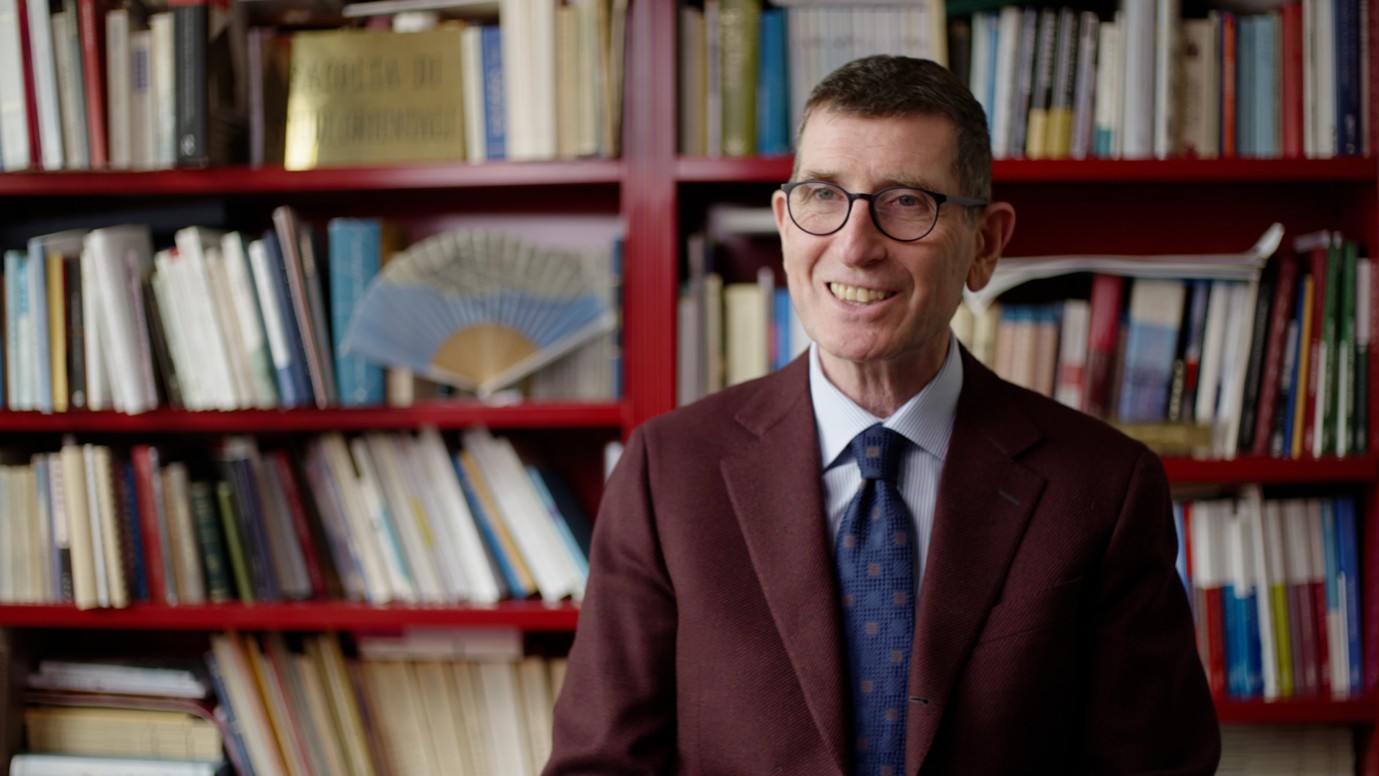




- BRNN
- BRI News
- BRNN News
- Database
Official Documents Polices and Regulations
Inter-government Documents International Cooperation BRI Countries
Business Guide Economic Data BRI Data
Trade
Investment Projects Latest projects
Cases - Content Pool
Founded in 1303, Sapienza University of Rome is not only one of the world's oldest universities but also the largest in Europe by student enrolment. At the Sapienza Language Centre, we met Professor Federico Masini, who teaches Chinese Language and Literature in the Faculty of Letters and Philosophy. Since 2006, Masini has also served as director of the Confucius Institute at Sapienza, one of the earliest Confucius Institutes in Europe. For him, cross-cultural understanding begins with language. "Learning Chinese," he affirmed, "is a vital opportunity to foster communication between cultures."
Masini recalled that in the 1970s, studying Chinese in Rome and southern Europe on the whole was not easy. With limited resources, he began learning the language on his own. After completing his university studies in linguistics and philosophy, he earned a scholarship to study at the Beijing Language Institute, known today as Beijing Language and Culture University. He later gained a position in the Italian embassy in Beijing and spent nine years in total in China.

Federico Masini (Photo/Patrick Shead-Simmonds)
During his time in China, Masini began collecting material to study the emergence of the modern Chinese language. His research focused on how contact with foreigners on Chinese soil in the early 19th century influenced the Chinese lexicon. The influences began with English and German, then continued with Japanese, he explained. For example, the Chinese word for "railway" was an import from German, while "telephone" entered the language through Japanese. His research culminated in a monograph published in the Journal of Chinese Linguistics in the United States, which was subsequently translated into Chinese, Japanese, and Korean.
Another key dimension of Masini's career has been the development of teaching materials for Chinese as a foreign language in Italy. Alongside his colleagues, he has authored more than 10 textbooks, tailored for learners at different levels, from high school to university. Their work pushed the Italian education authority to formally recognize Chinese as a foreign language taught at the high school level. Today, over 20,000 high school students in Italy study Chinese. Masini credits this success to their team's dedication to curriculum development, which he believes significantly contributed to the diffusion of Chinese language learning in the Italian high school system. He also proudly notes that at least 10 of his former PhD students are now professors in China, working in fields such as Chinese language, Italian studies, and history.
As the director of the Confucius Institute at Sapienza, Masini expressed his excitement about the institute celebrating its 20th anniversary this year. He strongly believes in the value of learning Chinese language and Chinese culture "no matter what you will pursue in life and particularly deserving to be studied by Italians, whom among other Europeans, have a strong historical link with China."
For Masini, the goal of teaching Chinese in Italy is straightforward. He acknowledges that not all Italian high school students will become translators of Chinese literature or interpreters of Chinese language, but he hopes that through Chinese language education, students will gain the ability to be acquainted with China and the Chinese people, without awkwardness, regardless of their future careers.

Tel:86-10-65363107, 86-10-65368220, 86-10-65363106